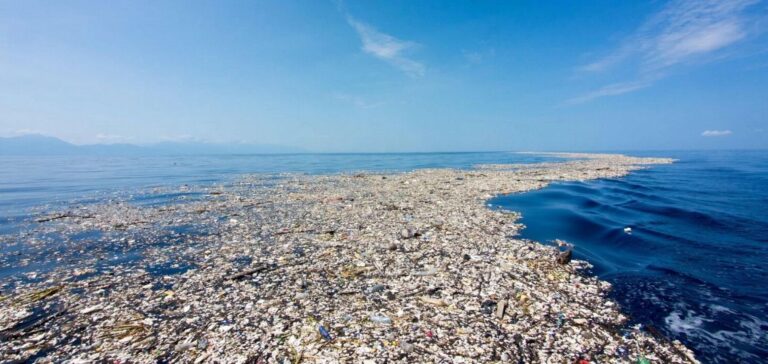This Tuesday, Ottawa becomes the scene of a crucial new phase in international negotiations to draw up the world’s first treaty against plastic pollution. The initiative, launched in 2022, aims to finalize an agreement by the end of the year to combat the proliferation of plastic waste from the oceans to the mountains. Canadian Environment Minister Steven Guilbeault remains optimistic, striving to reach agreement on 60-70% of the proposed text.
Divisions and challenges
The task promises to be an arduous one, as divisions between participants persist, particularly over the treaty’s level of ambition. Oil-producing countries and industrial lobbies advocate a focus on recycling, while environmental NGOs and certain countries insist on a substantial reduction in plastic production by 2040.
Environmental and health issues
Plastic pollution continues to worsen, with predictions that it will triple by 2060 if no effective action is taken. At present, only 9% of plastics are recycled, an insufficient rate which suggests that the problem is set to worsen. This environmental crisis has direct repercussions on human health, with microplastics detected in blood and breast milk.
The dynamics of negotiations
In Ottawa, around 3,500 people, including lobbyists, scientists and representatives of environmental organizations, are gathering to discuss the draft, which was expanded from 30 to 70 pages during the previous negotiations in Nairobi. The next and final negotiations scheduled to take place in South Korea will mark the final stage in this process.
Future prospects and a call to action
Steven Guilbeault and his Spanish counterpart Teresa Ribera recently shared their vision of a “plastic-free ocean”, underlining the historic importance of this future treaty. At the same time, North American organizations are urging President Joe Biden to step up the US commitment, underlining the crucial role of the USA as the world’s largest producer of plastic waste.
As negotiations progress in Ottawa, the stakes are clear: harmonize divergent perspectives to establish a robust legal framework against plastic pollution, before the next phase of negotiations in South Korea.






















